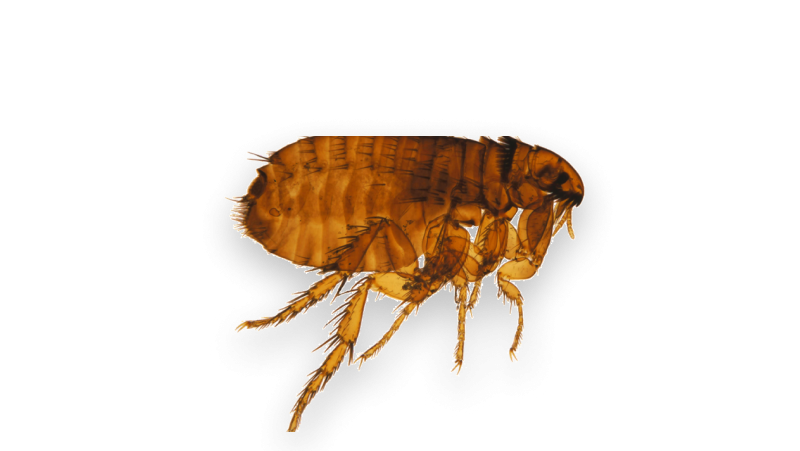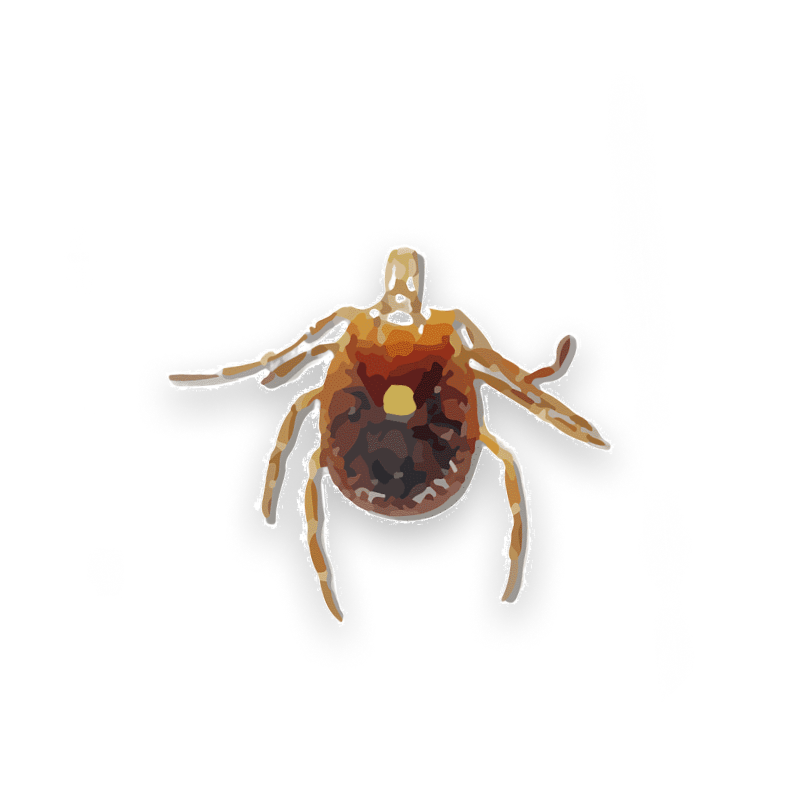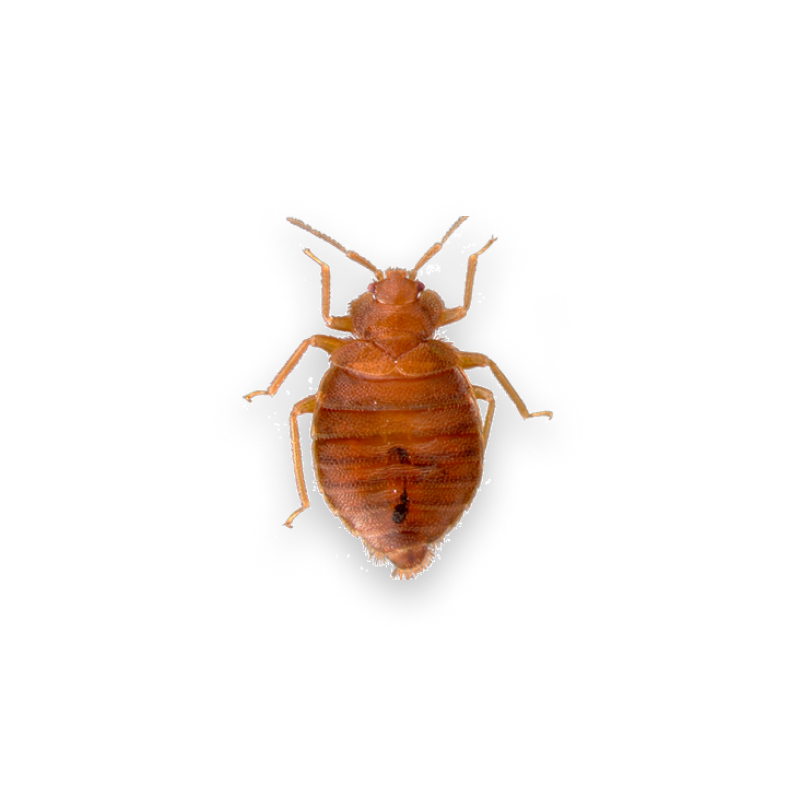Home > Ticks Pest Control
Ticks Pest Control
Ticks are small but pose a big threat to health, spreading diseases through bites. Our tick control service effectively removes and prevents ticks, ensuring your home stays safe.
How to Identify Tick Infestation in Your Home
Ticks are often elusive, but a few signs can indicate their presence in your home or yard. Here’s how to spot a tick infestation and the main areas they tend to occupy:
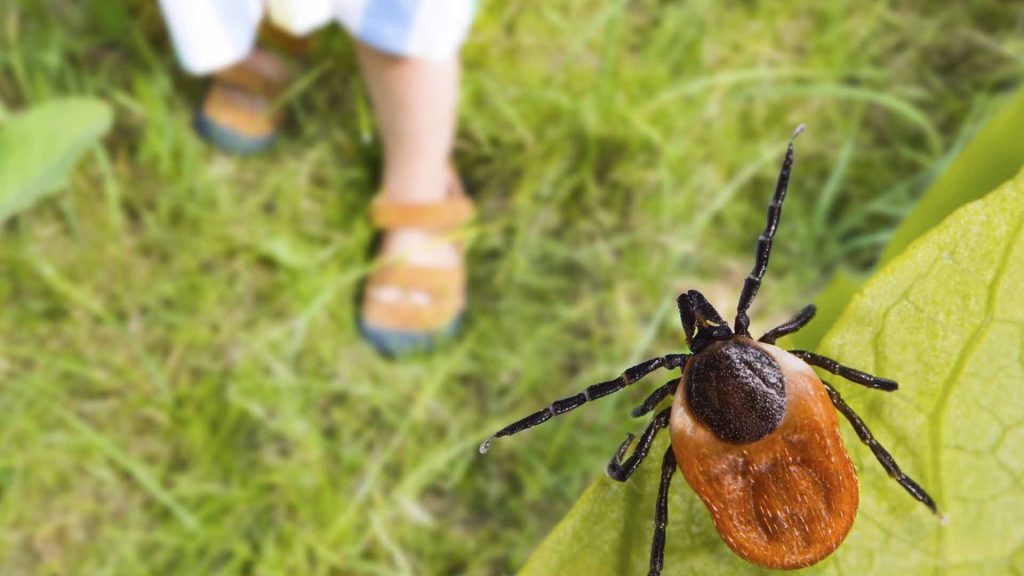
Yard Grass and Bushes
Ticks hide in tall grass, waiting to latch onto people or pets passing by.

Pet Fur
Pets can bring ticks inside, often found near the neck, underbelly, or between toes.
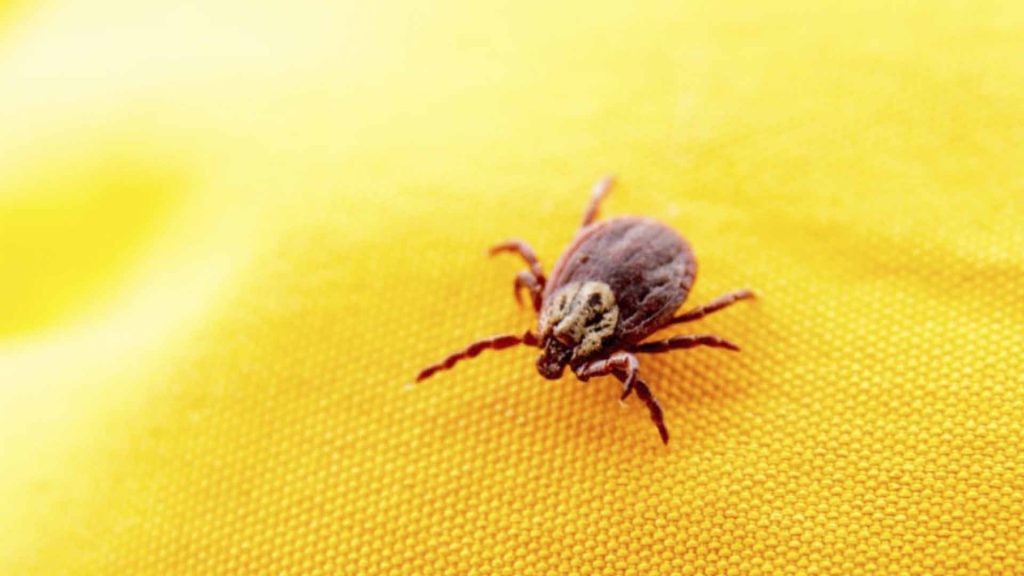
Outdoor Furniture
Ticks may cling to cushions or fabric on outdoor chairs, especially in shaded areas.
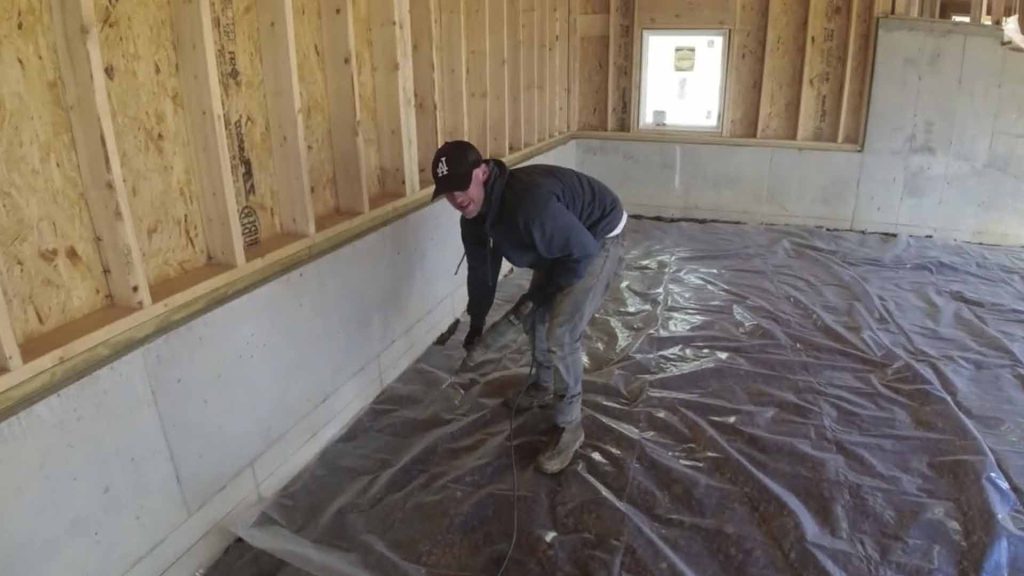
Basement & Garage
Humid, dark spaces offer ideal hiding spots for ticks seeking shelter.
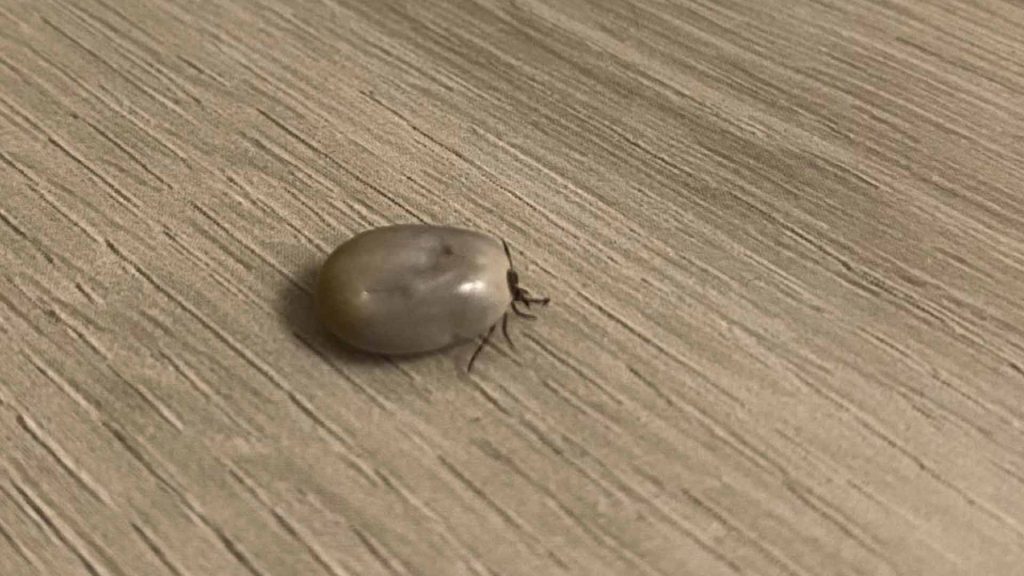
Cracks in Flooring
Ticks occasionally hide in crevices, especially if they have access from nearby vegetation.
Why Do Ticks Invade the Home?
Ticks seek out human and pet hosts to feed on, usually latching on while in grassy or wooded areas. Once they’ve attached to a pet or person, they can easily make their way into the home. Ticks are attracted to cool, humid environments and often find shelter in yards, gardens, and wooded areas surrounding homes.
Prevention Tips
- Regularly trim and maintain lawn areas.
- Avoid over-watering to reduce humidity.
- Seal gaps in windows, doors, and foundations.
- Check pets for ticks after spending time outdoors.
- Store firewood neatly and away from home entrances.
Related Pests
How to Get Rid of Ticks
Ticks can be challenging to control due to their small size and fast reproduction. DIY tick treatments may offer some relief, but professional extermination ensures complete protection and prevention.
Common Treatments
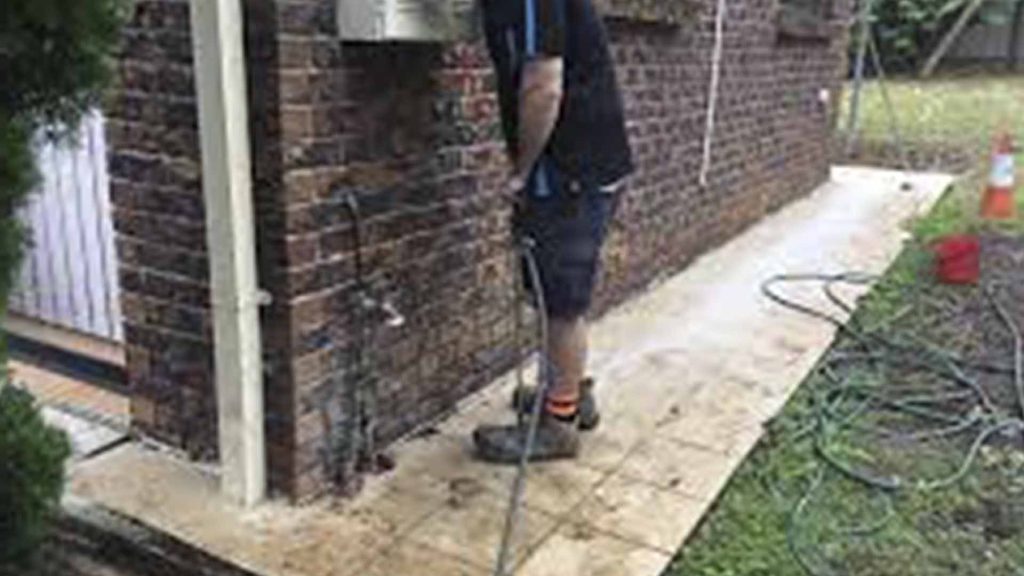
Chemical Barrier Treatments
Professional-grade insecticides are applied around the yard, focusing on common tick areas. This barrier reduces tick populations effectively.
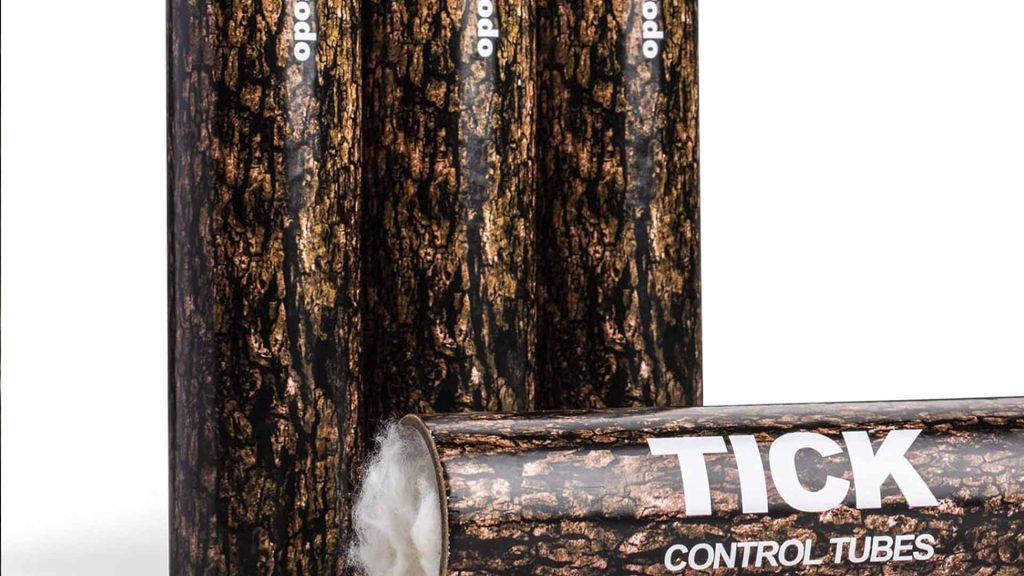
Tick Tubes
Biodegradable tubes filled with treated cotton are placed around your property. Mice collect the cotton to build nests, killing ticks that attempt to latch onto them.
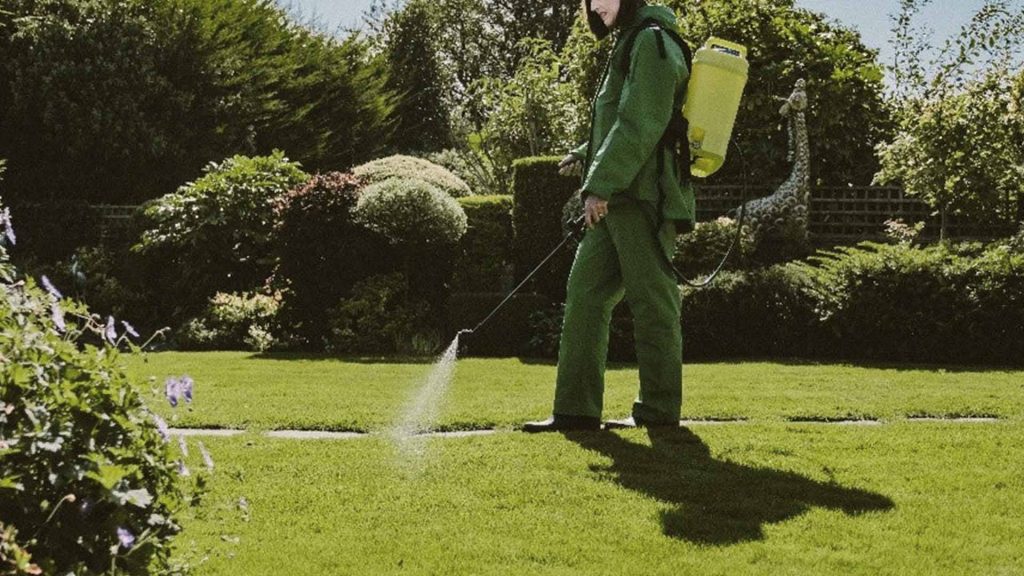
Lawn Treatments
Lawn-specific tick treatments help reduce ticks by targeting high-risk areas like grass, shrubs, and bushy spots.
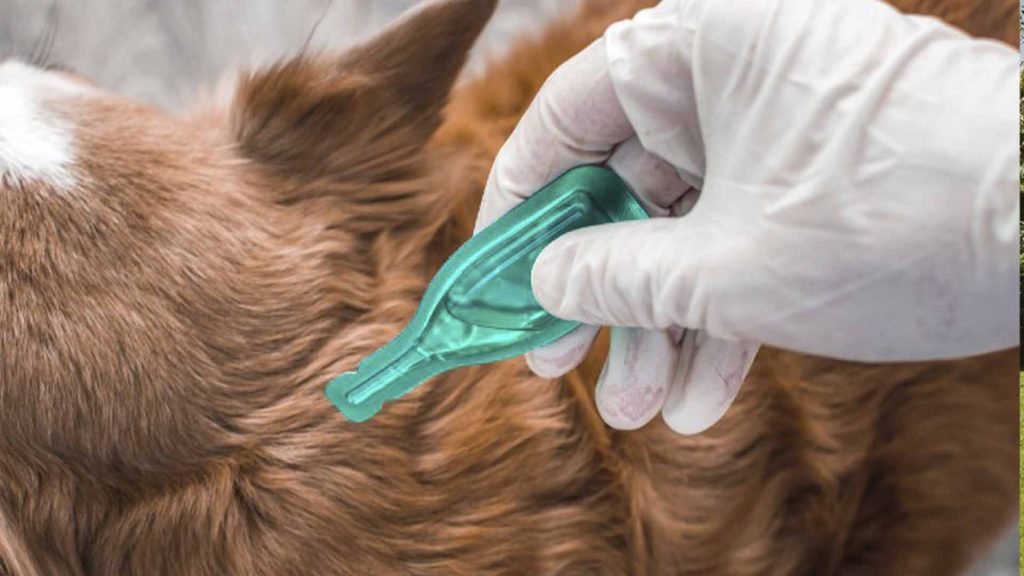
Pet-Safe Tick Treatments
These specialized products focus on keeping ticks off pets while protecting their health. Using tick shampoos and collars on pets reduces the risk of tick infestations inside.
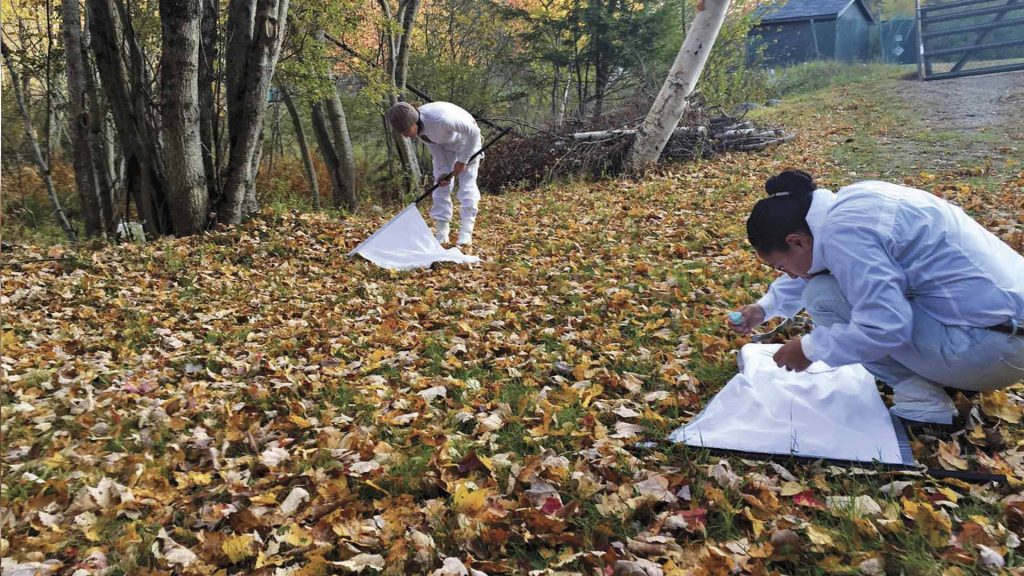
Tick Habitat Modification
Altering tick-prone areas by removing brush, leaf litter, and tall grass minimizes the environment in which ticks thrive.
Every tick infestation is unique and can quickly spread, causing more damage over time. That’s why fast action is crucial. We offer same-day Ticks Pest Control services. Get Your Estimate or Call us at (888) 706-6384.
How Ticks Pest Control Works?
Our experts inspect your yard and home to identify tick hotspots, such as tall grass, shrubs, and pet areas. We assess the infestation level and find breeding sites, ensuring a tailored approach to remove ticks effectively from your property.

We use targeted solutions, including sprays and treatments, to eliminate ticks at all life stages. Our eco-friendly methods focus on tick habitats, providing long-term protection for your family, pets, and outdoor spaces.

To prevent ticks from returning, we provide helpful tips like keeping grass trimmed, clearing debris, and maintaining pet hygiene. Follow-up visits, if needed, ensure your home and yard stay tick-free, giving you complete peace of mind.
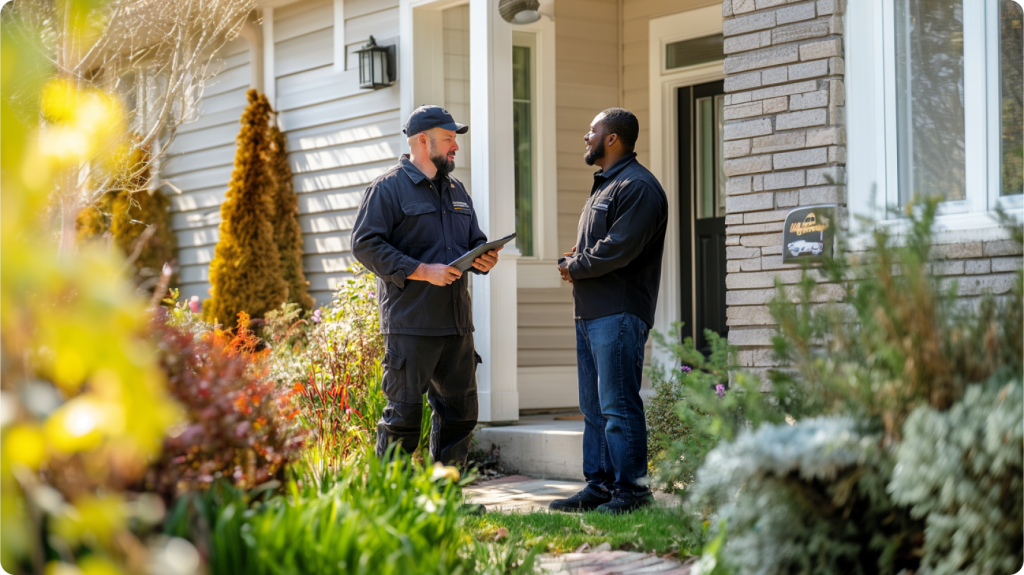
OUR ADVANTAGES
Why Choose Our Ticks Control Services?
Our services are designed to offer the most effective and eco-friendly pest control solutions, keeping your home safe from Ticks and other invaders.
Need an estimate for pest control? Our team is standing by, ready to help. Get A Risk Free Estimate
Certified Technicians
Our team is licensed and experienced in pest control
Eco-Friendly Solutions
Our team is licensed and experienced in pest control
Guaranteed Results
Our team is licensed and experienced in pest control
Our Customer Says

Pest Exterminators provided an excellent service to control rodents in my home. I was really worried about the mice infesting our kitchen and study, but these guys handled it like the professionals they are. I am also impressed by the aftercare they provide. You should definitely try pest exterminators if you are dealing with pest infestation.

We could not enter our yard due to bees infesting our yard. One of them stung my husband and then I knew I had to get pest control service. Pest exterminator team came the very next day and started treating our yard. The infestation is taken care of now and the consulting lady was communicating very well. You need to try Pest exterminators for your yard.

You would not believe how much of a nightmare the mosquitoes were for me. The annoying sound was one thing, but the constant fear of catching malaria or dengue haunted me. Pest exterminators are a blessing. They carefully treated my apartment and took care of everything. Honestly, I did not expect pest control to be this hassle-free.
Ticks - Frequently Asked Questions
How long does it take for ticks to go away after pest control?
Ticks generally start to die within 24 hours after the pest control treatment is applied. However, the complete removal of ticks from your home and property may take a few weeks. This timeframe depends on several factors, including the severity of the infestation, the effectiveness of the treatment used, and the thoroughness of the initial application. Follow-up treatments and inspections by professional exterminators are often necessary to ensure that all life stages of ticks, including eggs and larvae, are fully eliminated.
How do I get rid of ticks permanently?
Professional extermination services are an effective solution for achieving permanent tick removal. Exterminators use specialized treatments that target ticks at all life stages. Additionally, maintaining a clean environment is crucial. Regularly treating pets with veterinarian-recommended tick preventatives, keeping your yard well-maintained by mowing the lawn, removing leaf litter, and creating barriers to prevent wildlife from bringing ticks into your yard are essential strategies. Consistent monitoring and preventative measures can help ensure that ticks do not return.
Is tick control safe for pets and children?
Yes, professional tick control services are curated to be safe for pets and children when applied correctly. Exterminators use products that are specifically formulated for residential use and provide clear instructions on any necessary precautions. These treatments are typically applied in a way that minimizes exposure to humans and pets. It’s important to follow the exterminator’s instructions, such as keeping pets and children away from treated areas until the products have dried or settled, to ensure their safety.
What kills ticks instantly?
Certain professional-grade insecticides are capable of killing ticks on contact. These products are often used by exterminators as part of a comprehensive tick control treatment plan. In addition to chemical treatments, some exterminators may use heat treatments, which can also kill ticks instantly. It is important to note that while these methods are highly effective, they should be applied by professionals to ensure safety and efficacy.
What do ticks hate the most?
Ticks dislike dry, sunny environments and certain scents, such as eucalyptus, citronella, and lavender. These natural deterrents can be used to make your home and yard less attractive to ticks. Keeping your environment clean and dry, using essential oils in your garden, and maintaining a well-groomed lawn can help deter ticks. Additionally, reducing clutter and debris where ticks can hide will make your property less appealing to these pests. Learn more about natural treatment methods with our Ticks DIY Guide.
How much time will it take for a tick pest control service?
A typical tick pest control service usually takes between one to two hours, depending on the size of the property and the intensity of the infestation. The process involves a thorough inspection, application of treatments, and sometimes environmental modifications to prevent future infestations. Larger properties or more severe infestations may require additional time and follow-up visits to ensure complete eradication.
